If you have kids or pets, you know that keeping them safe is your number one priority. But did you know that there are hidden dangers in your home? Many common household chemicals can be harmful if not stored properly. In this article, we’ll give you some tips on where to store household chemicals to keep your kids and pets safe.
What Kind of Chemicals Do You Have in Your Home?
Some common household chemicals include: There are many chemicals that are commonly used in households and many of them are potentially dangerous if not used properly. It is important to know what kind of chemicals you have in your home and where to store them safely out of the reach of children and pets.
1 – Cleaners
There are a variety of cleaners that contain chemicals that can be harmful to kids and pets if ingested. Some of these chemicals include:
-Bleach
-Ammonia
-Lye
-Pine-sol
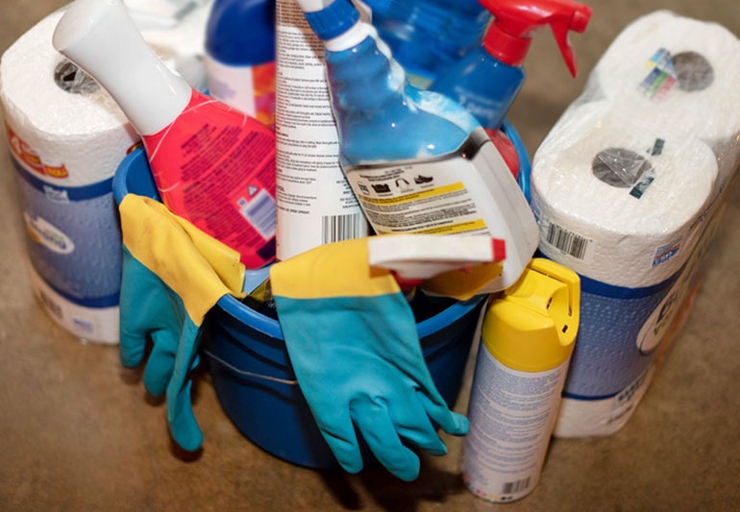
-Formaldehyde
-Drain cleaners
It’s important to store these cleaners in a safe place, out of reach of kids and pets. If you must keep them in the house, make sure they are in a high cabinet that kids cannot reach. Ideally, they should be stored in a locked cabinet or shed.
2 – Garden Chemicals
There are a variety of chemicals that are used in gardens, and it is important to store them properly to keep them away from children and pets.
Some common garden chemicals include:
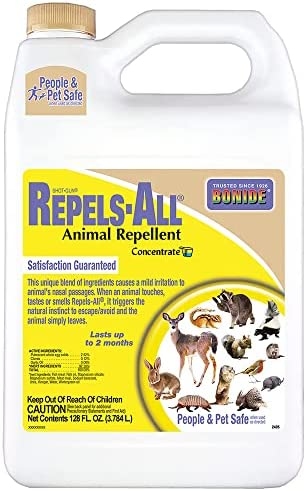
Fertilizers: Fertilizers are used to add nutrients to the soil to help plants grow. They can be in the form of liquids, granules, or pellets, and can be applied to the soil before planting, or during the growing season.
They can be in the form of liquids, granules, or powders, and are applied to the leaves, stems, and roots of plants. Pesticides: Pesticides are used to kill or control pests, such as insects, weeds, and diseases.
They can be in the form of liquids, granules, or powders, and are applied to the leaves, stems, and roots of plants. Herbicides: Herbicides are used to kill or control weeds.
They should also be kept in their original containers with the labels intact so that you can identify them if there is a spill. Garden chemicals should be stored in a cool, dry place, away from children and pets.
3 – Gas Bottles
Here are some tips to keep kids and pets safe: If you have gas bottles in your home, it is important to store them safely.
– Store gas bottles in a cool, dry place.
– Keep gas bottles away from heat sources.
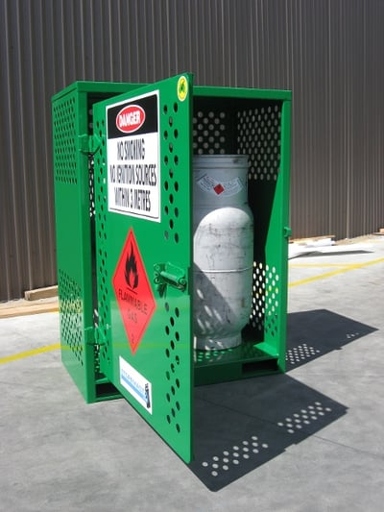
– Make sure gas bottles are properly labeled.
– Keep gas bottles out of reach of children and pets.
– Never store gas bottles near food or water.
4 – Medications
It’s important to know where to store these chemicals properly to keep our kids and pets safe. There are all sorts of chemicals in our homes, from the cleaning products we use to the medications we take.
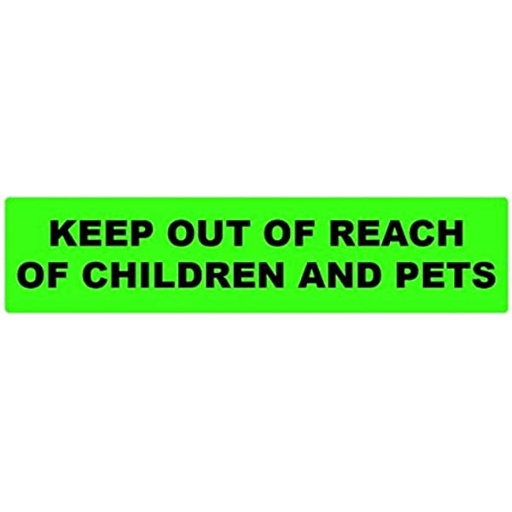
Keep all medications out of reach of children and pets.
Ideally, they should be kept in a locked cabinet or box. Medications should always be stored in a cool, dry place out of reach of children and pets. It’s also a good idea to keep a list of all the medications you have in your home and their expiration dates so you can properly dispose of them when they’re no longer effective.
The Best Way to Store Your Chemicals
Store them in a well-ventilated area away from any sources of ignition, such as stoves, heaters, or open flames. The best way to store your chemicals is to keep them in a cool, dry place where they will not be exposed to sunlight or heat.
1 – Read the Labels
1 – Read the Labels:
This will ensure that you are storing them correctly and keeping them away from children and pets. The best way to store your chemicals is to read the labels.
If a chemical is flammable, it should be stored in a cool, dry place away from any heat sources.
If a chemical is corrosive, it should be stored in a well-ventilated area.
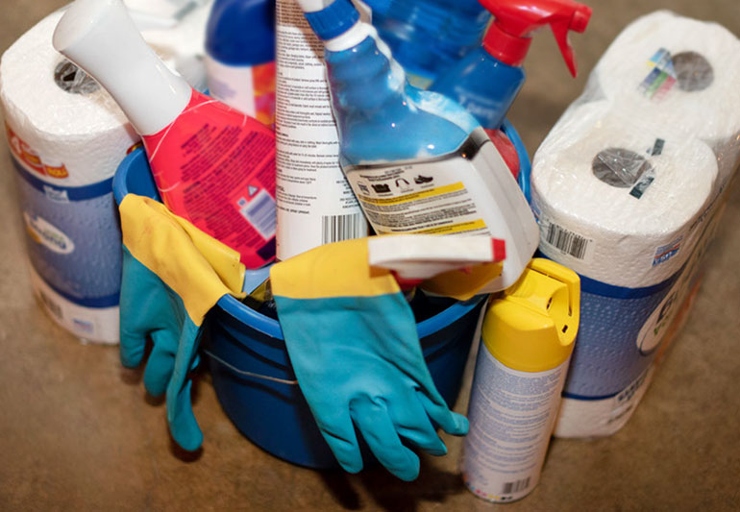
If a chemical is poisonous, it should be stored in a locked cabinet or room.
2 – Never Mix Chemicals
There are a few things to keep in mind when it comes to storing chemicals:
1. Never mix chemicals together. This can cause dangerous reactions.
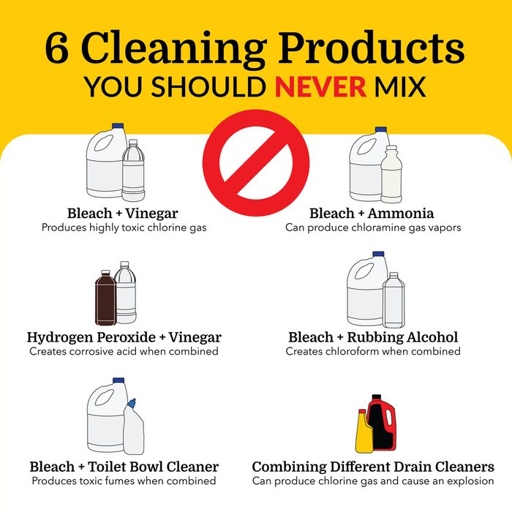
2. Store chemicals in their original containers. This will help to ensure that they are properly labeled and that you know what is in each container.
3. Keep chemicals out of reach of children and pets. Store them in a high cabinet or on a high shelf.
4. Make sure that the area where you store chemicals is well ventilated.
5. Never store chemicals near food or eating utensils.
6. When you are finished using a chemical, always dispose of it properly.
3 – Use Original Containers Only
This is because these containers are specifically designed to hold these chemicals and will be the best at keeping them safe and contained. Additionally, using original containers will help to ensure that the chemicals are clearly labeled and that you know exactly what is in each container. When it comes to storing household chemicals, it is always best to use the original containers only.
4 – Use Locked Cupboards and Cabinets
This will keep kids and pets safe from harm. Locked cupboards and cabinets are the best way to store your chemicals.
5 – Dispose of Them Properly
This means that you need to put them in a container that is labeled as a chemical disposal container. When it comes to disposing of your chemicals, there are a few things you need to keep in mind. You also need to make sure that you put them in a place where they will not be able to get into the hands of children or pets. First, you need to make sure that you dispose of them properly.
Second, you need to make sure that you store your chemicals in a cool, dry place. This will help to keep them from reacting with other chemicals and causing a fire.
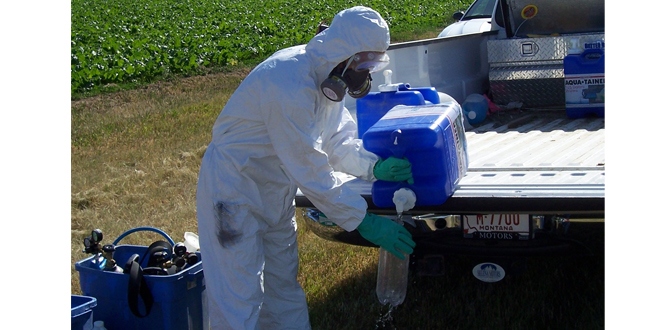
Third, you need to make sure that you keep your chemicals away from heat sources. This includes things like stoves, ovens, and heaters.
This includes candles, lighters, and matches. Fourth, you need to make sure that you keep your chemicals away from any open flames.
This means that you need to put them in a container that is labeled as a chemical disposal container. You also need to make sure that you put them in a place where they will not be able to get into the hands of children or pets. Fifth, you need to make sure that you dispose of your chemicals properly.
6 – Liquids and Powder Storage
There are a few things to keep in mind when storing liquids and powders. First, make sure they are in a cool, dry place. Third, keep them away from children and pets. Second, keep them in a container that is airtight and labeled clearly.

Keep it away from children and pets. Label the container clearly. Powders should be stored in a cool, dry place in an airtight container.
Liquids should be stored in a cool, dry place in a container that is airtight and labeled clearly. Keep it away from children and pets.
What to Do If There’s an Accident
If you have young kids or pets, you know that it’s important to keep your household chemicals stored safely. Here are some tips on what to do if your child or pet comes into contact with a household chemical. But what do you do if there’s an accident?
Frequently Asked Questions
1. What are some common household chemicals?
Household chemicals can include anything from cleaners and disinfectants to laundry detergent and bleach. Many of these chemicals can be harmful if ingested or if they come into contact with your skin.
2. Where should I store household chemicals?
Ideally, household chemicals should be stored in a cool, dry place out of reach of children and pets. If possible, store them in a locked cabinet or cupboard.
3. What should I do if my child ingests a household chemical?
If your child ingests a household chemical, immediately call poison control or 911. Do not try to make them vomit.
4. What should I do if my pet comes into contact with a household chemical?
If your pet comes into contact with a household chemical, immediately call your veterinarian. If possible, bring the container of the chemical with you to the appointment.
5. Are there any safe alternatives to household chemicals?
There are many safe alternatives to household chemicals, such as vinegar, baking soda, and lemon juice. These natural alternatives are often just as effective as their chemical counterparts.
Final thoughts
There are many products in our homes that can be toxic if ingested or if they come into contact with our skin. It is important to be aware of where these products are stored and to keep them out of reach of children and pets. By following these simple tips, you can help to keep your family safe from harm.
